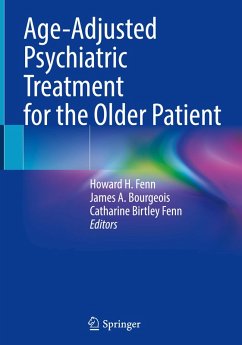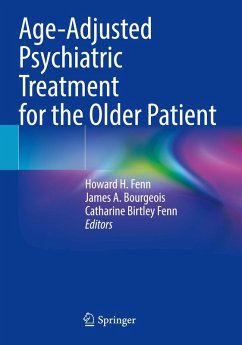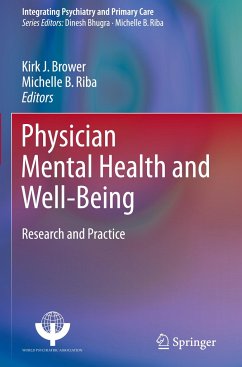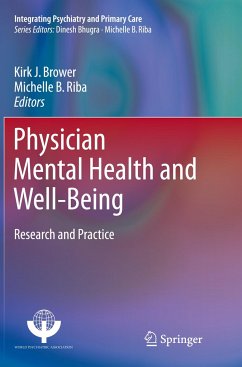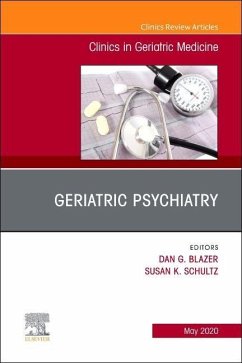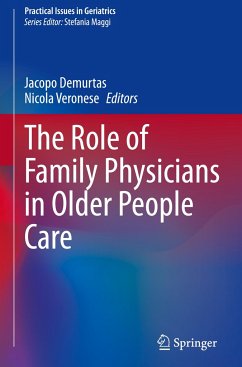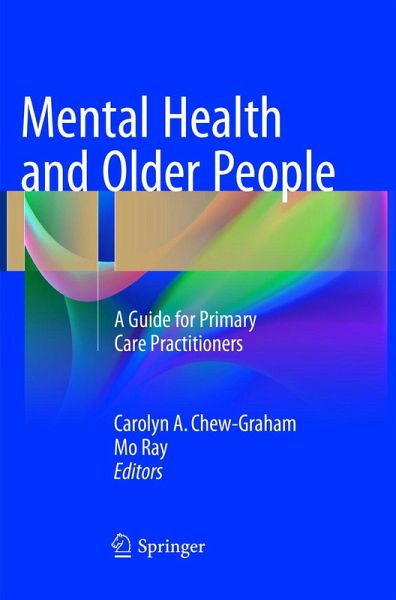
Mental Health and Older People
A Guide for Primary Care Practitioners
Herausgegeben: Chew-Graham, Carolyn A.; Ray, Mo
Versandkostenfrei!
Versandfertig in 6-10 Tagen
83,99 €
inkl. MwSt.

PAYBACK Punkte
42 °P sammeln!
This case-based book offers primary care practitioners support in managing older people with difficulties due to mental health problems, emphasising the importance of integrating health and social care.The full range of disorders is covered, including anxiety and depression, delirium, psychosis and the dementias.The discussion of anxiety and depression encompasses diagnosis and management, assessment of risk, evidence for both pharmacological and non-pharmacological interventions, and models of care.Clear guidance is provided on the identification and management of symptoms of delirium and dif...
This case-based book offers primary care practitioners support in managing older people with difficulties due to mental health problems, emphasising the importance of integrating health and social care.
The full range of disorders is covered, including anxiety and depression, delirium, psychosis and the dementias.
The discussion of anxiety and depression encompasses diagnosis and management, assessment of risk, evidence for both pharmacological and non-pharmacological interventions, and models of care.
Clear guidance is provided on the identification and management of symptoms of delirium and different forms of psychosis in older people. The coverage of the dementias includes presentation, initial management, risks to self and others, referral to specialist care and care of older people in residential and nursing homes. Each chapter is co-written by authors from different professional backgrounds and draws on up-to-date national and international research andguidelines. The book will assist greatly in the commissioning and delivery of evidence-based practice.
The full range of disorders is covered, including anxiety and depression, delirium, psychosis and the dementias.
The discussion of anxiety and depression encompasses diagnosis and management, assessment of risk, evidence for both pharmacological and non-pharmacological interventions, and models of care.
Clear guidance is provided on the identification and management of symptoms of delirium and different forms of psychosis in older people. The coverage of the dementias includes presentation, initial management, risks to self and others, referral to specialist care and care of older people in residential and nursing homes. Each chapter is co-written by authors from different professional backgrounds and draws on up-to-date national and international research andguidelines. The book will assist greatly in the commissioning and delivery of evidence-based practice.






